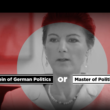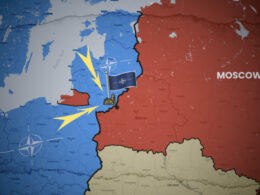In this series of articles, we research prominent pro-Russian organizations in Europe. Today, we will take a closer look at Optimists Without Borders (OWB).
This organization based in Brussels, Belgium states that its purpose is to promote beyond all borders the evolution of mentalities towards more optimism and to strengthen enthusiasm, good humor and positive thinking, audacity, and the spirit of enterprise, tolerance, as well as the understanding of citizens and communities.
But in the end, we have founders who were the objects of money laundering investigations, and the organization has connections with Russian oligarchs.
Dirty money and corruption schemes in Africa
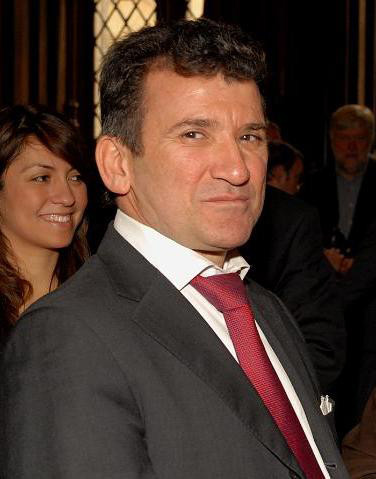
According to an extensive investigation conducted by the OCCRP, the Belgian branch of OWB was co-founded by Albert Karaziwan, who “provided one of his mansions” as its headquarters, and also sits on the board of the French incarnation of the OWB. Despite being a businessman, according to an investigation by Reuters, as of 2017 Karaziwan held three diplomatic passports issued by Comoros.
Karaziwan is the owner and CEO of the Semlex Group, a company which “provides solutions to secure identification and authentication using biometric information.” In 1998, Semlex opened an office in the tax haven of Ireland, meaning it no longer had to publish accounts. Karaziwan’s portfolio of properties in Belgium and France – which includes two castles – are worth $36.4 million.
Semlex secured its first biometric contract in Africa in Chad, where according to two OCCRP investigations, Karaziwan had one of his employees hack the government’s computer network. In Madagascar, Semlex paid a “former top official at least $140,000 – and possibly much more – in unexplained fees.” As Semlex expanded across the African continent, the pattern of spying and bribery continued. Documents obtained by Médor reveal that between 2010 and 2011, the “Ivorian subsidiary of Semlex enabled the payment of just over $6.5 million in secret commissions to African heads of state.”
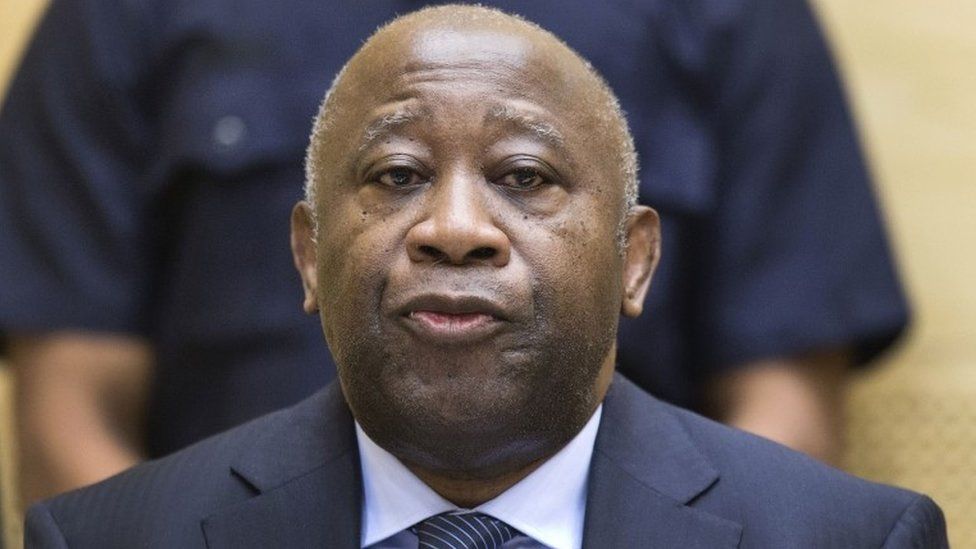
During this period, Semlex even became embroiled in an arms-trafficking scandal in the Ivory Coast involving pariah ex-President Laurent Gbagbo, whom the UN Security Council imposed sanctions on in 2011.
Connection with Russia
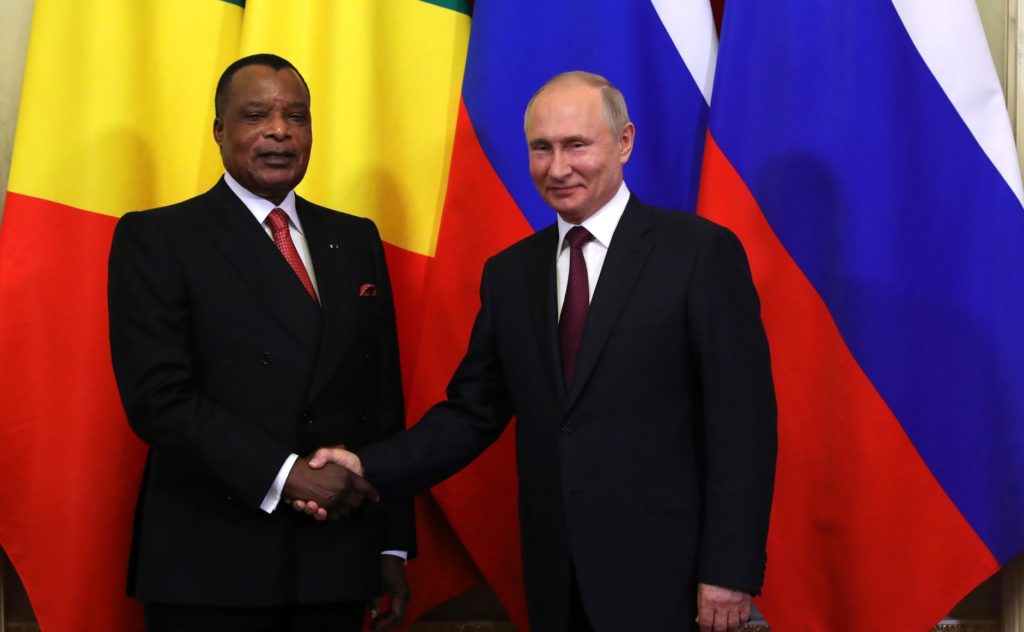
In 2018, Swiss court documents alleged that a Karaziwan owned entity had helped buy a property in Paris worth $2.4 million for the son of Republic of Congo President Denis Sassou-Nguesso. This deal was part of a “discounted oil” scheme involving the Kremlin-connected business, Gunvor, an official from which boasted to Karaziwan of the firm’s “very special links with Russia.” A video obtained by Switzerland-based Public Eye shows a former Gunvor official telling a relative of Sassou-Nguesso that approval from “Master Vladimir” would be solicited. Sanctioned in the US and Australia since 2014, Putin’s confidante, a former member of the KGB, and president of Russian Railways from 2005 to 2015, Vladimir Yakunin is a former director of Gunvor, where his son, the Cypriot-Russian, Viktor is currently director of the legal department.

As highlighted by the OCCRP, despite Semlex having worked alongside Gunvor in gun-running in Ivory Coast and having signed a contract with Tunisian arms dealers cited by the UN for violating sanctions, no one from Semlex has ever been charged for any corrupt dealings in Ivory Coast.
How dangerous are such organizations?
Russian Nonprofit organizations, whether directly or indirectly, that are involved in money laundering, reputational manipulation, narrative control or criminal activity, can have a corrosive effect on the European nonprofit sector. Furthermore, any Russian NPO and Nonprofit organizations engaged in such practices can be used as a tool for weaponized kleptocracy to undermine Western institutions.
In previous articles, we’ve talked about:
